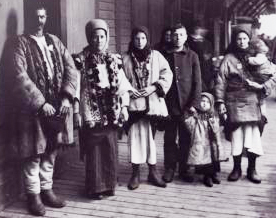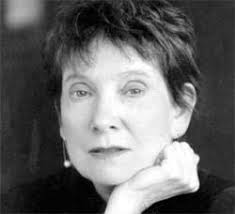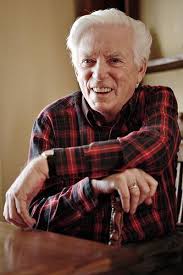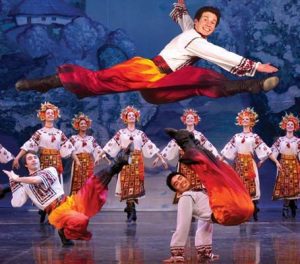
The other day I spoke to a west-Toronto business group, but I learned as much as I informed that morning. Not surprisingly, during my talk about Canadians’ service in wartime, the subject of the Russian invasion of Ukraine came up. I remarked how very familiar Putin’s actions were to Hitler’s in the 1930s. Anyway, after my talk, a man from the audience approached me. He introduced himself. “Bo Sirota,” he said.
“Sounds Ukrainian,” I responded. And when he asked how I knew, I said I’d lived and worked in Alberta and Saskatchewan for a number of years and I knew a Ukrainian Canadian named Bohan. “Do you have family caught in the invasion?” I asked.
He nodded and described some of his relatives living in the village of Drohobych, on the outskirts of Lviv, Ukraine. He said their farm was “no bigger than a truck patch,” but that it meant everything to their families. I asked if it was their unique attachment to the land that kept them there. He said it was more than that.
His niece’s husband was 57 and therefore conscripted to stay and fight. “So, there’s no way my niece will leave their land or her husband and flee. They’ll take a stand there together.”
As long as Ukrainians have had connections with Canada – as far back as the 1890s – non-Ukrainians have attempted to understand their culture, their drive, and their attachment to the land and community.

When I first worked on the Canadian Prairies, in the 1970s, I educated myself with books such as Myrna Kostash’s All of Baba’s Children, in which she traced her own Ukrainian roots in Canada, and wrote of “families of landless Galicians in bare feet, disembarked on an Edmonton station platform … having the same fierce attachment to the land ceded from the First Nations, as had its Indigenous peoples.”
Even Clifford Sifton, Canada’s Minister of the Interior from 1896 to 1905, didn’t really understand Ukrainians arriving to populate the open lands between the Great Lakes and the Rocky Mountains.
He described as good quality “a stalwart peasant in a sheepskin coat, (Ukrainians) born on the soil, whose forefathers have been farmers for ten generations, with a stout wife and a half-dozen children.”
The country needed to establish farming on the Prairies, and people such as Ukrainian immigrants proved to be the few who could survive on their own and do it.

And in Barry Broadfoot’s book The Pioneer Years, I read his interview with a Ukrainian immigrant about their impact:
“Drive through Saskatchewan today,” the man told Broadfoot. “On your right, on your left, all farms and good farms and they started out as sod shacks built by immigrants from Poland, Ukraine. They couldn’t speak English. Damn near serfs. But they did it. You have to admit that Canada is a better place because of them.”
Soon after the current Russian invasion of Ukraine began, I called friends with whom I’d worked in Alberta nearly 40 years ago, where and when I’d been introduced to the world-renowned Ukrainian Shumka Dancers.

In fact, Colin and Helene MacLean’s daughters (Helene’s family were Ukrainian immigrants) had performed with them for many years. I remember being impressed by their colourful traditional costumes, but then dazzled even more by their extraordinarily athletic choreography.
Since 1959, the Shumkas (the name means whirlwind) have presented command performances for queens, prime ministers and presidents, and have toured the globe alongside such celebrity artists as Andrea Bocelli and Julie Andrews.
But Colin and Helene reminded me that the Shumkas were conceived in 1959 at the height of the Cold War, in part to shed light on the plight of fellow Ukrainians cut off from the rest of the world by the Iron Curtain. They’d even performed inside the Soviet Union before the wall came down in 1989.
“The daily news out of Ukraine is both heart-breaking and courageously brave,” Helene wrote me in an email last week. “Their anthem, Ukraine Has Not Yet Perished, is particularly fitting in these dark days. They’re making it as difficult as possible for Putin to steal their freedom.”
Back at my talk to the business club the other day, my education from Bo Sirota, wasn’t finished. When I inquired about his family’s resilience in that part of the world, he said, Ukrainians are used to it.
During the Russian Revolution, they endured invasion by the Soviet Red Army, in the Second World War they were occupied by Nazi Germany. Now it was the Russians.
“You told me they won’t give up even that truck patch,” I said.
“That’s right. They are survivors. They’ve outlasted hardship and despots before,” he said. “They will again.”